Premium Only Content
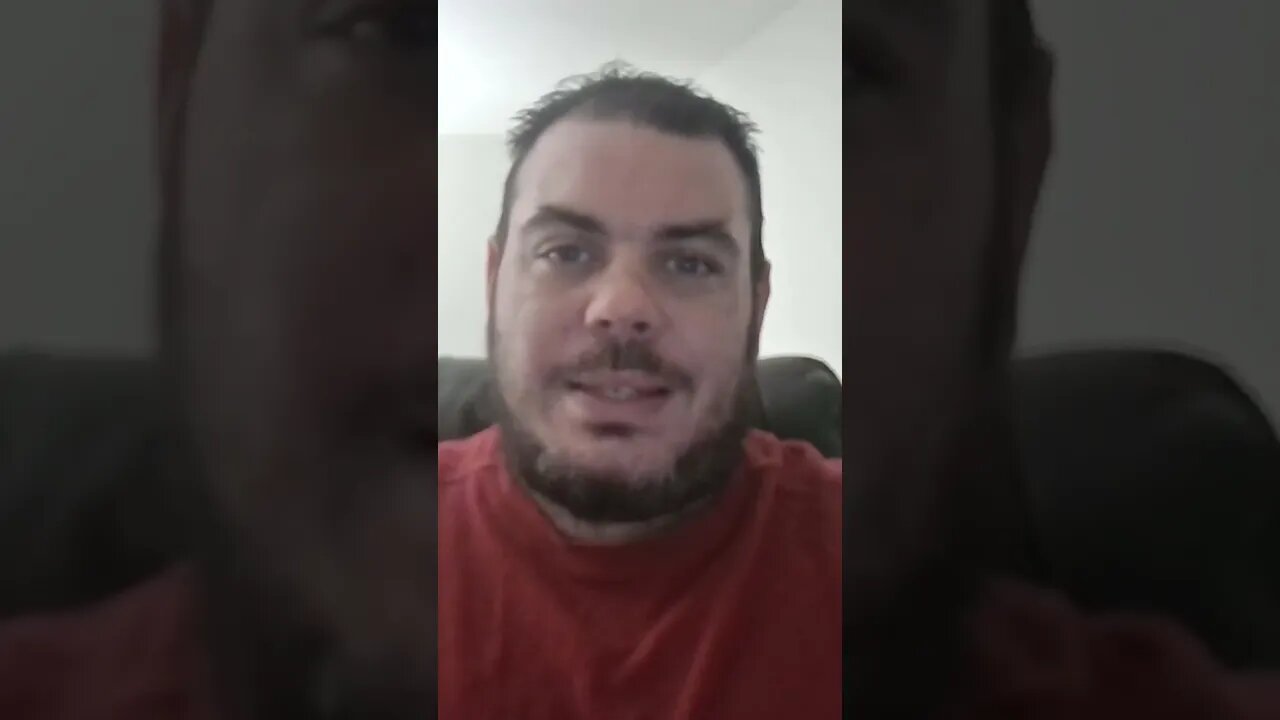
Everything CHANGED In The 80’s
In the 1980s, American politicians began to increasingly rely on large corporate donations as a means to fund their campaigns. This shift was largely influenced by changes in campaign finance laws and the growing influence of money in politics.
One key factor that contributed to this trend was the Supreme Court's 1976 decision in the case of Buckley v. Valeo. This ruling equated campaign spending with free speech and upheld limits on individual contributions to political campaigns but struck down restrictions on independent expenditures. This decision opened the door for corporations and wealthy individuals to spend unlimited amounts of money to support political candidates or causes, leading to the rise of political action committees (PACs).
The emergence of PACs in the 1980s played a significant role in the increased corporate donations to politicians. These organizations allowed corporations to pool their resources and make substantial contributions to candidates they supported. PACs became a way for corporations to gain access and influence in the political sphere, as politicians increasingly relied on these donations to fund their campaigns.
Additionally, the 1980s saw the rise of "soft money" in political campaigns. Soft money refers to contributions made to political parties rather than directly to candidates. While there were restrictions on how soft money could be used, loopholes allowed parties to use these funds for activities that indirectly benefited specific candidates. This enabled corporations to donate large sums of money to political parties, indirectly supporting their preferred candidates without violating direct contribution limits.
The increased reliance on corporate donations in the 1980s had significant consequences for American politics. It led to concerns about the influence of money in shaping political decisions and policy outcomes. Critics argued that politicians became more responsive to the interests of corporations rather than the needs of ordinary citizens. The influence of corporate donations also fueled perceptions of a "pay-to-play" system, where access and influence were granted to those who could afford to make substantial contributions.
Ultimately, the 1980s marked a turning point in American politics as politicians increasingly sought and accepted large corporate donations to fund their campaigns. This shift in campaign financing practices had a lasting impact on the political landscape and raised important questions about the role of money in shaping democratic processes and policy outcomes.
#politics #bigpharma #militaryindustrialcomplex #president #corruption #cia #war #greed #presidentialcampaign #wallstreet #usa #america
-
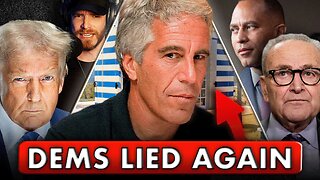 1:34:32
1:34:32
Graham Allen
2 hours agoDems “Bombshell” Epstein Docs Against Trump Are LIES!! + The Gov Shutdown Is Finally OVER!
103K991 -
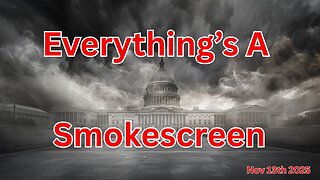 LIVE
LIVE
Wendy Bell Radio
5 hours agoEverything's A Smokescreen
7,848 watching -
 23:20
23:20
IsaacButterfield
6 hours ago $0.14 earned“I Don’t Care If White People Go Extinct” - TikTok Karen
6103 -
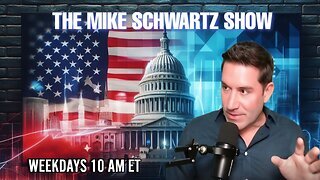 LIVE
LIVE
The Mike Schwartz Show
1 hour agoTHE MIKE SCHWARTZ SHOW with DR. MICHAEL J SCHWARTZ 11-13-25
2,981 watching -
 1:09:39
1:09:39
Chad Prather
16 hours agoWhat It Looks Like To Step Into Your Calling In Life!
56.9K30 -
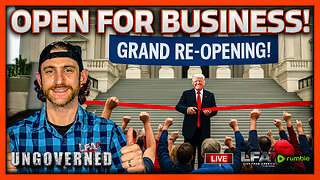 LIVE
LIVE
LFA TV
13 hours agoLIVE & BREAKING NEWS! | THURSDAY 11/13/25
3,047 watching -
 21:21
21:21
Jasmin Laine
19 hours agoTrump NAMED in Epstein Files—Poilievre LEAVES Canada’s Media in ASHES
44.2K66 -
 19:24
19:24
Tactical Advisor
18 days agoFolding EDC Axe | CRKT Provoke X
17.3K1 -
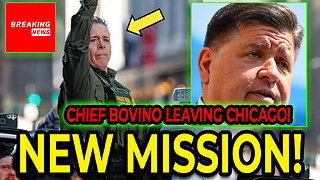 18:54
18:54
T-SPLY
19 hours agoDHS Sending More Federal Agents to Chicago - Pritzker Has Meltdown!
24.8K12 -
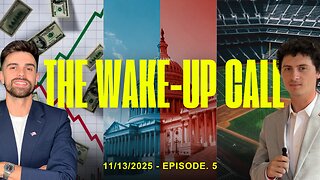 1:17:19
1:17:19
LIVE WITH CHRIS'WORLD
14 hours agoTHE WAKE UP CALL - 11/13/2025 - Episode 5
20.7K5